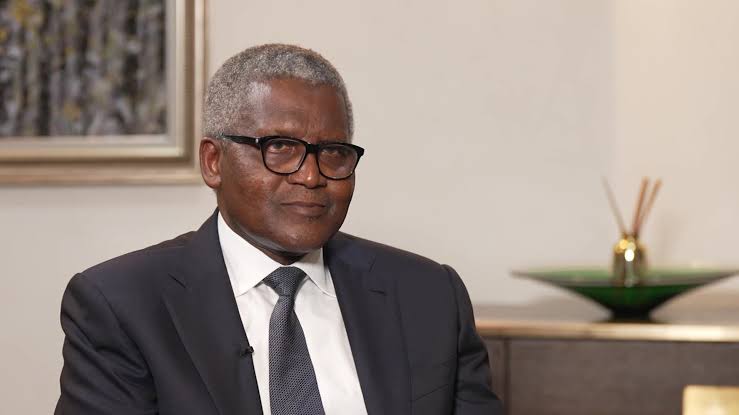Jeff Sessions likes spy fiction, James Bond, and he may have just finished one of David Ignatius’ books. As evidenced by the unwarranted expose into the Trump administration achievements at the end of his opening remarks, we have also come to fully understand the extent to which the United States Attorney-General, Jeff Sessions will put up a good “bootlicking theatre” to seek his narcissistic boss’ pleasure.
Yet, the take away from last night’s hearing is that Mr Sessions “cannot recall”, “to the best of his knowledge” anything that actually matters and those he can recall, he “cannot disclose” because his sole purpose in life may be to “protect” President Donald Trump’s right to make (the worst) decisions based on executive privilege.
Okay. The first two paragraphs are borderline cruel. Jeff Sessions didn’t successfully put up a wall (ha! ha! ha!) during his testimony. He revealed one vital thing: that James B. Comey was not lying last Thursday when he told the Senate Committee, and the rest of the world that he expressed his discomfort about being left alone in a room with President Trump on February 14th.
Attorney-General Jeff Sessions confirmed this bit of Comey’s testimony saying:
“Mr. Comey discussed a conversation he had with the president. I’m happy to share with the committee my recollection of that conversation that I had with Mr. Comey. Following a routine morning threat briefing, Mr. Comey spoke to me and my chief of staff. While he did not provide me with any of the substance of his conversation with the president, apparently the day before, Mr. Comey expressed concern about proper communications protocol with the white house and with the president.
I responded. He didn’t recall this, but I responded to his comment by agreeing that the FBI and the department of justice needed to be careful to follow department policies regarding appropriate contacts with the white house. Mr. Comey had served in the department for better than two decades and I was confident he understood and would abide by the well established rules limiting communications with the White House, especially about ongoing investigations.
That’s what is so important to control. My comments encouraged him to do just that and indeed as I understand it, he in fact did that. Our Department of Justice rules on proper communications between the department and the White House have been in place for years. Mr. Comey well knew them. I thought and assumed correctly that he complied with them.
Mr Sessions, by his own account, may have tried to lighten the gravity with which Comey narrated the same events while disputing a major element of the latter’s testimony – Comey did say he wasn’t very sure but that his understanding of Session’ reaction to his complaint was that he shrugged “as if to say: What to do?” – but he confirmed that information. This was a very important corroboration of James Comey’s testimony.
Mr Comey, last week had made it clear that he felt some way about having one-on-one conversations with President Trump, where the latter seemed to be asking him to drop a major investigation against one of his allies. So he notified the Attorney-General immediately to never let him be left in a room with Trump like that again.
Mr Sessions’ corroboration, regardless of his qualifications to Comey’s story, meant that Comey did notify someone superior in the Department of Justice when he thought that the President might be crossing a dangerous line. It means that someone (Mr Sessions in this case) had the responsibility to put President Trump, who in Paul Ryan’s words is “just very new to this”, in check and to let him know that improper communications with the FBI Director may lead to obstruction of Justice.
However, through the three-hour long hearing, none of the Senators on the Committee, not even the Democrats, raised the question of what Jeff Sessions did about the concerns that James Comey shared with him. Whether he took any steps to ensure that Donald Trump understood never to put himself and the FBI director in such a situation again.
This question will not only have shed more light on whether President Trump understood the full extent of behaviours that may constitute obstruction of justice, which is one of the things the Committee is trying to figure (whether the President tried to obstruct justice). It would have also opened up an opportunity to test the veracity of Sessions’ own claim that his recusal from the Russian investigations did not in anyway impede his ability to oversee the Justice department.
Overseeing the Justice department will mean that Mr Sessions ensured nobody, including the President was crossing any lines; especially not in a bid to obstruct justice.
But no one asked him and we may never know why!














